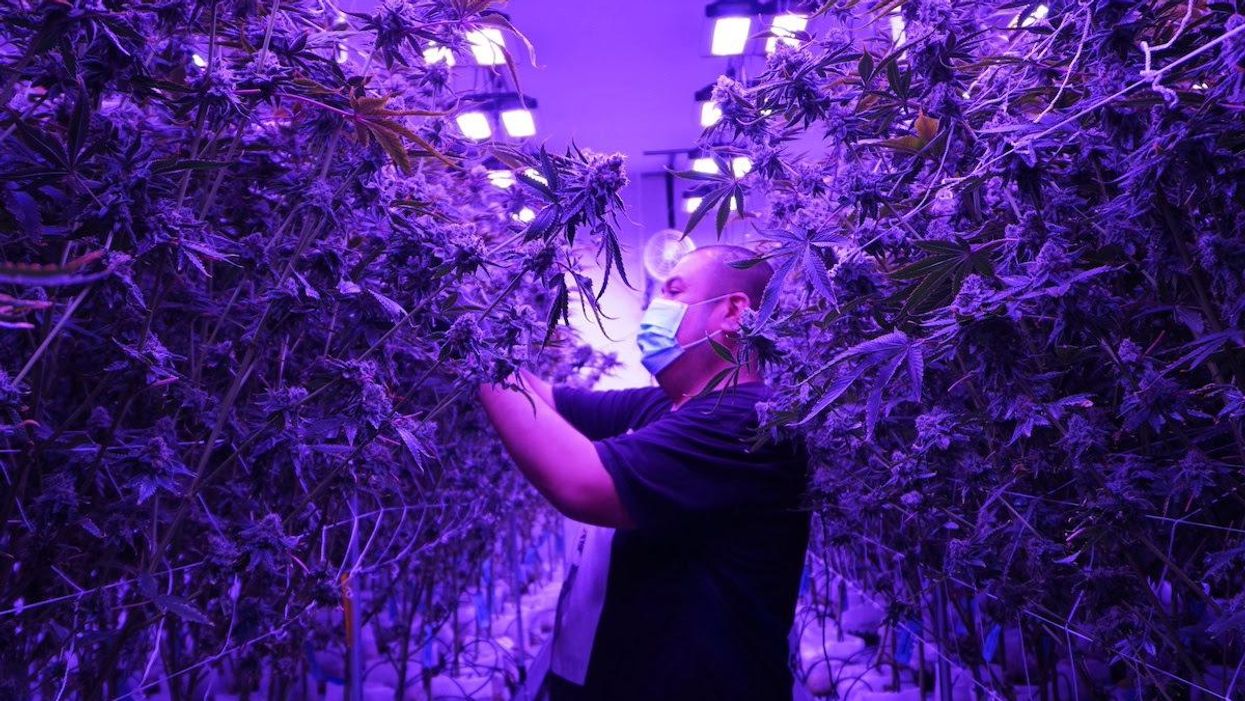On this episode of the LA Venture podcast, Casa Verde Capital’s Karan Wadhera talks about the cannabis industry, investing in risky environments and working with music legend Snoop Dogg.
Wadhera grew up playing music and had always wanted to be in the music industry. Around 1999, as a student dabbling in html, he got his shot.
“I started learning how to code and make basic websites, pre-social media. And through that really, like a rabbit hole, got connected to record labels, and would get these sort of consulting assignments in college to help out with different artists,” said Wadhera.
Those assignments brought him into contact with artists including John Legend, Snoop Dogg and Kanye West.
“And I did it while I was in college,” he said. “That's how I got to know L.A., and a lot of the industry here.”
Eventually, Wadhera landed a job with Goldman Sachs working in Hong Kong and Mumbai, then transitioned over to Nomura Securities as the head of India sales trading.
“Trading at that time [in] emerging markets was scary. You always thought you were going to get your face ripped off, someone was going to cheat you,” he said. But navigating that tricky environment ultimately helped him build relationships and experience working in risky financial worlds.
“No one was raising their hand to go to India when I went—and cannabis was similar.”
Wadhera always knew that he eventually wanted to do something on his own. He left Nomura without lining up another job and moved to L.A., where he had maintained a friendship with hip hop legend, entrepreneur and cannabis enthusiast Snoop Dogg.
In 2016, shortly after Colorado legalized recreational marijuana and shortly before California followed suit, Wadhera signed on as a managing partner for Casa Verde, a firm dedicated to funding cannabis companies co-founded by Snoop.
Wadhera said Los Angeles has become the hub of the cannabis industry, largely “because we're such an important cannabis market,” he said.
“There's funds in San Francisco and New York and everywhere. But you know, L.A. really has emerged as one of the center points, both culturally and from a brand perspective and for investing in cannabis.”
Wadhera said he’s seen a number of different characters in the cannabis space in his six years working in the industry.
“There's people who've been in the illegal black market industry transitioning into the legal industry. There's the very, very corporate people with dollar signs in their eyes who've come here and are trying to structure every deal like a distressed deal and then there's people in the middle who love the culture,” said Wadhera.
Casa Verde is focused on investing in cannabis, but the firm has also recently made investments in psychedelics as well, starting with Boston-based Delix Therapeutics. For now, Wadhera said, the opportunity is in companies who are exploring the possible medical and pharmaceutical benefits of the drugs for people suffering from PTSD or severe depression.
“When and if there's the adult-use side of [psychedelics]... then it actually kind of falls more into our space,” he said. “And we would do more there. It makes perfect sense, because we’ve built the infrastructure for it, right?”
Click the link above to hear the full episode, and subscribe to LA Venture on Apple Podcasts, Stitcher, Spotify or wherever you get your podcasts.
dot.LA Engagement Fellow Joshua Letona contributed to this post.


 Houseplant In-House participant Moises Estrada growing cannabis.Image from Houseplant
Houseplant In-House participant Moises Estrada growing cannabis.Image from Houseplant